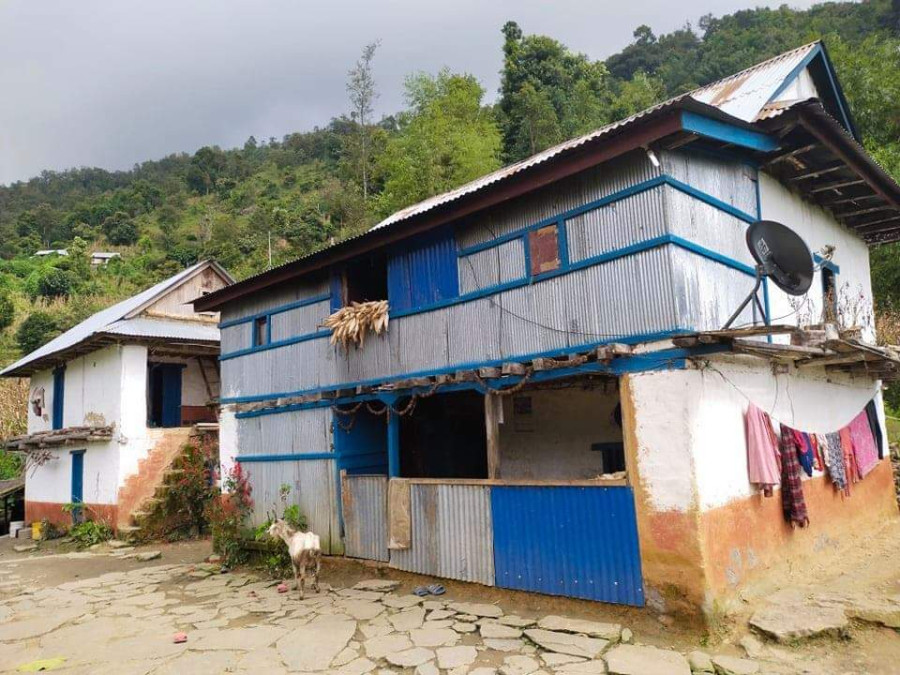Editorial
Crime and turpitude
A series of murders points to lawlessness and the degeneration of society.
The brutal killing of six members of a family in Madi Municipality-1, Sankhuwasabha has shaken the conscience of the nation. A post-mortem has already been carried out at the BP Koirala Institute of Health Sciences on Wednesday, and the report is expected in the next few days. The full details of the criminals and the motive for the crime are yet to come, but initial police reports have suggested that the criminals used "blunt force" rather than sharp weapons, and chased the victims before finally killing them. The brutality of it all is mind-numbing, to say the least.
The horror of the Sankhuwasabha incident immediately brings to our minds a host of other such killings in the recent past. In May 2019, nine members of two families were killed, likely by a close relative in a possible case of a family feud, in Miklajung Rural Municipality in Panchthar. The incident was as horrifying as the recent incident in Sankhuwasabha, leaving the victims’ neighbours as well as compatriots with horror as to what could have led to the carnage. Not to forget the chilling murder of six youths in Chaurjahari in Rukum (West) in a case of caste feud, and the murder of two youths during Holi celebrations in Baglung this year.
The incidents mentioned above are seemingly disparate events with different circumstances and motives, but they are conjoined together by at least two factors: The perennial situation of lawlessness where the state cannot secure the lives of its citizens, be they individuals or groups; and the degeneration of society that lays the groundwork for the inculcation of a criminal attitude in individuals as well as groups. The state’s inability to prevent crimes—singular as well as mass murders—speaks volumes about the ineffective management of the security system in temporal as well as spatial terms. But it is also a question of what lawlessness or criminality makes a home in the minds of individuals and groups.
In a recent editorial titled "The Dance of Lawlessness", Gopal Guru, the editor of Economic and Political Weekly, elaborates on three conditions that might lead to the situation of lawlessness. Guru’s formulation of the idea of lawlessness is based on the recent caste killings in India, where an unruly mob takes the law into its hands, but it might be helpful in understanding what leads to criminality among individuals and groups elsewhere.
For Guru, the first condition is a failure to cultivate a sense of self-evaluation, a moral exercise that stops an individual from inflicting the trauma or atrocities that one would not have inflicted on oneself. The second condition is the "kink" of superiority complex over others in a social setting, which leaves the criminals unable to use reason before taking the law into their own hands. The third condition is the inability of the individuals or groups to use "discretion" to comply with the law as laid down in the criminal code book, and in turn, the law’s inability to activate reason in the minds of the individual or the group. In these senses, lawlessness, as Guru poignantly postulates, is "an absence of respect or a deviation from obligation".
If moral degeneration is the driving force of crime, the activation of brute force or incarceration as pre-emptive or post-facto measures cannot adequately address the problem of crime. Instead, the state’s—and by extension society’s—effort should be centred on inculcating in individuals or groups the morally affirmative values of self-love that lead to love for others, self-respect that translates into respect for others, and high regard for the law that results in the law ensuring the security of individuals and groups in turn.




 13.12°C Kathmandu
13.12°C Kathmandu














